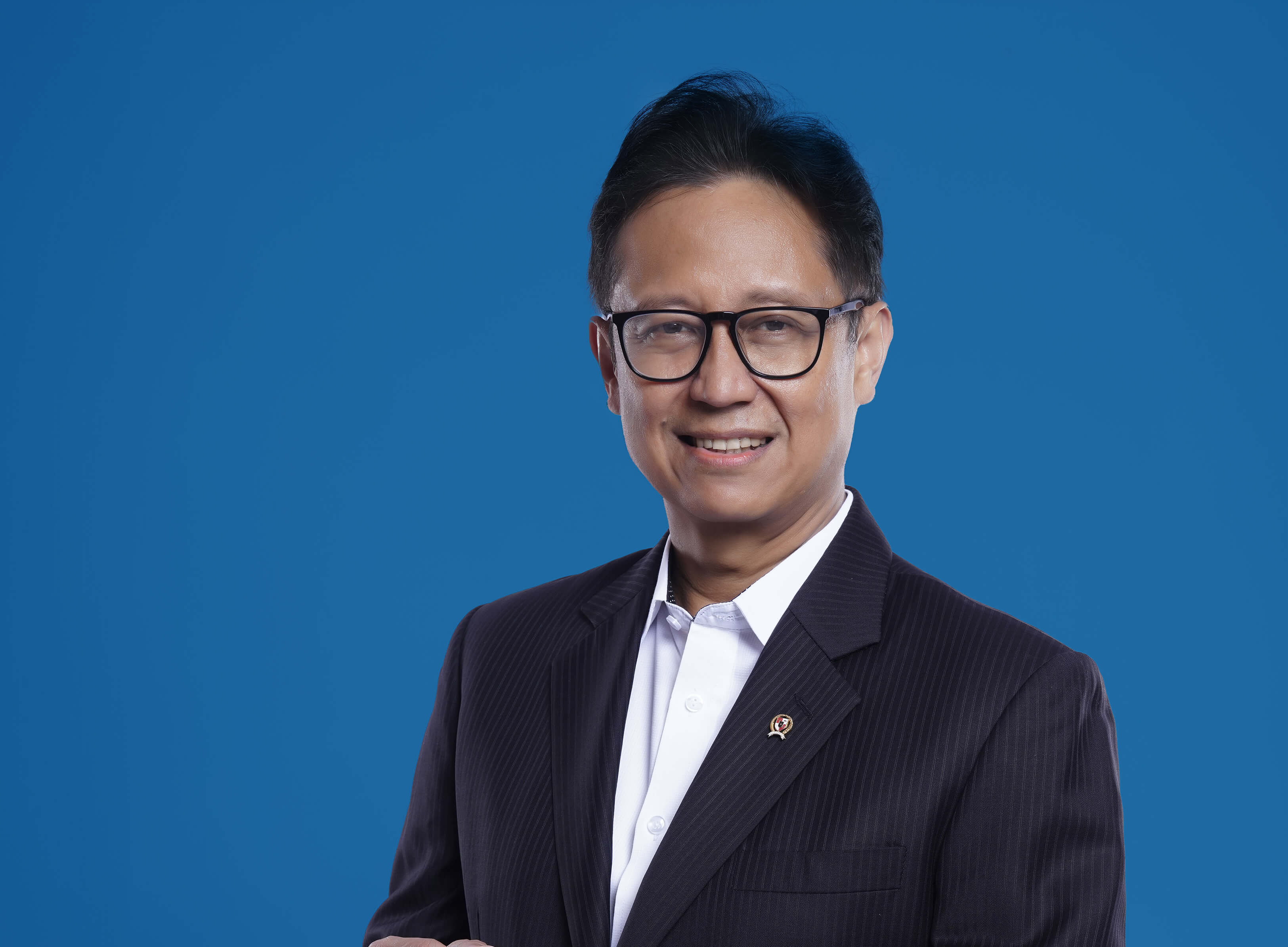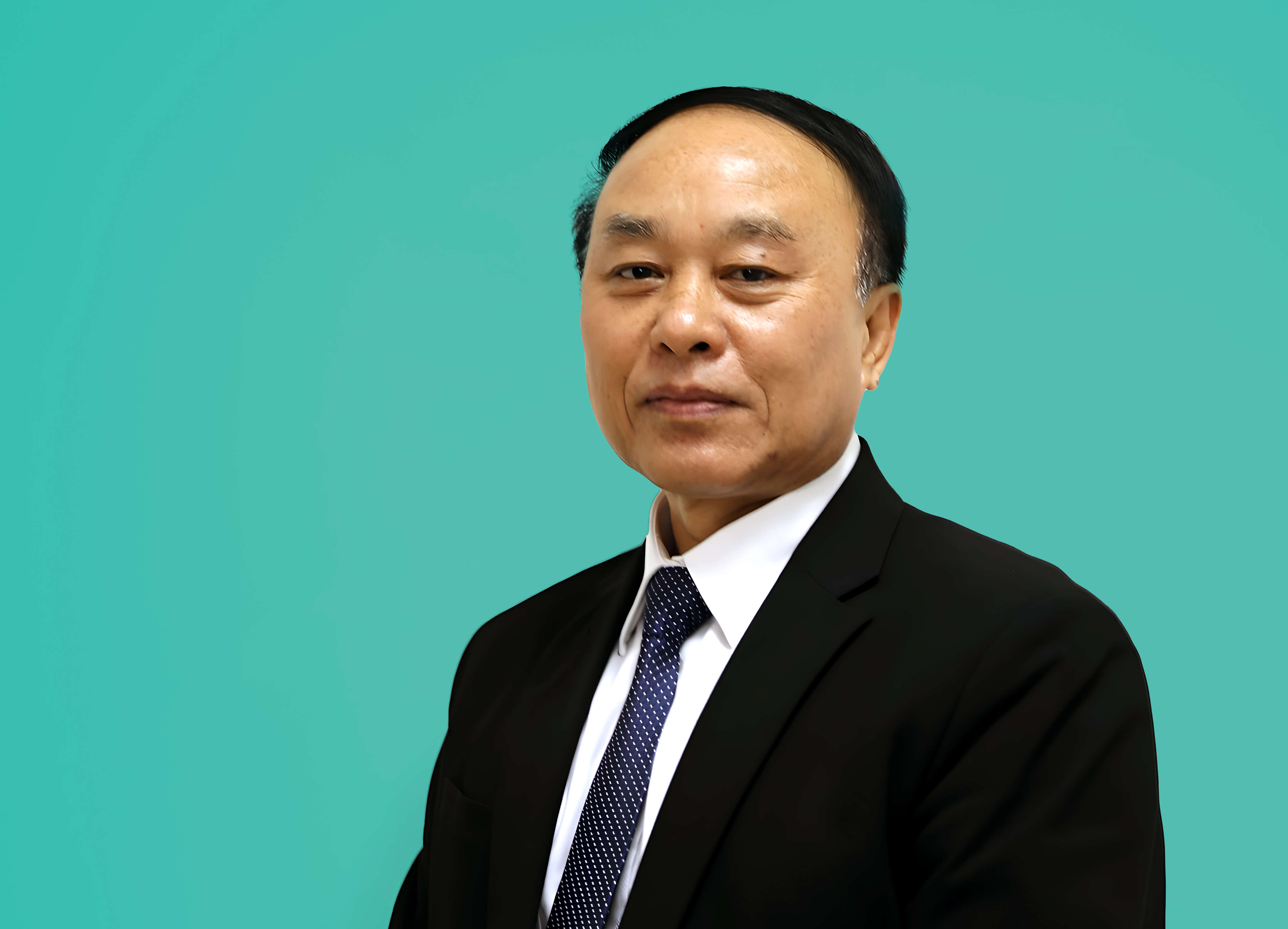


Director-General Tedros Adhanom Ghebreyesus shares with The ASEAN, WHO's ongoing initiatives to ensure the fair and equitable access of countries to safe vaccines, and continuing cooperation with ASEAN to control COVID-19 and prevent future pandemics. He also discusses securing global health and better emergency preparedness through sweeping institutional changes at WHO and stronger national health systems.
It has been nine months since the WHO declared COVID- 19 a public health emergency of international concern. To what extent have initiatives, partnerships, or strategies changed to ensure that WHO remains relevant to the Member States needing guidance and support?
After I took office in 2017, we embarked on the most extensive transformation in WHO’s history, to make the organisation much more focused on delivering measurable impacts and outcomes in countries and supporting the strengthening of community-level health systems. We’ve already made major changes to the way we work, our structures, business processes, culture, and approach to partnerships.
As part of our transformation, we created a dedicated pillar of work focused on emergency preparedness and response. This has expanded and streamlined our systems for helping keep people safe from emergencies around the world. In addition, we established the independent Global Preparedness Monitoring Board to identify gaps in emergency preparedness globally.
WHO’s transformation has made important changes in many other areas. We have created our first department for digital health and innovation to ensure that WHO is on the cutting edge of technology when it comes to health. We appointed the first-ever chief scientist to drive research and development on emerging diseases and established the WHO Academy, which is now training five million medical personnel for emergencies.
The WHO Foundation is a new addition to mobilise additional resources—not a matter of money, but quality money. The foundation will also help ensure independence for WHO by increasing the potential to receive more flexible sources of funding to support the delivery of health services.
And to build the evidence base for the economic benefits of investing in health, we are establishing a new Council on the Economics of Health for All, which will elucidate the links between health and sustainable, inclusive and innovation-led economic growth.
All this has been done with the aim to strengthen WHO’s ability to meet the needs of our Member States in achieving our shared goals of serving the vulnerable, keeping the world safe from emergencies, and promoting health.
What do you think are the core essentials in maintaining a resilient health system?
Ensuring national health systems are well prepared and resilient all starts by recognising health as a fundamental human right, which means a commitment to health for all. This is achieved through investment in and advancement, of universal health coverage, with primary health care as the strong foundation. I am impressed with the commitment of many ASEAN Members in promoting universal health coverage.
Political commitment for universal health coverage at the highest level is essential for this to succeed, with the support of parliaments to translate that commitment into law, backed by a whole of government approach that addresses the commercial, economic, environmental, and social determinants of health.
Universal health coverage underpins all our work and is our top priority. Ensuring everyone can access quality health services without facing financial hardship is essential for building strong economies and global health security.
Primary health care is fundamental for achieving universal health coverage by delivering the health services people need, when and where they need them— especially services to promote health and prevent disease.
Strong primary health care services are the eyes and ears of the health system in communities. Primary health care can help detect and respond to an outbreak early, which is vital for stopping it before it becomes widespread.
At last year’s United Nations General Assembly, world leaders agreed on a historic way forward for advancing universal health coverage. At the recent G20 summit, heads of major developed nations again demonstrated their commitment to promoting action on health, this time in response to COVID-19 and ensuring equitable access to vaccines.
Health is a political choice. But it’s a choice we see more and more countries making. This must lead to action, especially in investment in systems to prevent disease and promote health, equitably provide services, and prepare societies to prevent and respond to emergencies.
From your perspective and given WHO’s pool of information about the COVID-19 situation in countries around the world, what would you say are the key elements to a successful response? Why is there an upsurge of COVID-19 cases in countries that seemed to have initially controlled the virus?
Emergency preparedness has been the critical ingredient for a successful response to the COVID-19 pandemic. We saw that countries that have experienced large-scale outbreaks in the past, invested in emergency preparedness, strengthened their health systems to cope, and adhered to science-based measures perform better than others.
While we continue to receive encouraging news about COVID-19 vaccines and remain cautiously optimistic about the potential for new tools to start to be available for at-risk people around the world in the coming months, we are extremely concerned by the surge in cases we see in some countries. Particularly in Europe and the Americas, health workers and health systems are being pushed to the breaking point.
In many countries during the first wave of the virus, measures were taken to break transmission chains and reduce cases. However, some countries did not take the opportunity to strengthen their public health systems enough. Even before widespread transmission beyond China was recorded, WHO advised countries to use the window of opportunity to strengthen their public health capacities, including testing, tracing, and isolating and treating cases, as well as clearly advising their citizens not to lower their guard. Even when countries experience increased numbers of cases, we need to keep strengthening our public health systems and increase public engagement to respond.
But we saw how communities in many parts of the world relaxed and returned too quickly to normalcy after experiencing their first wave. The response to the pandemic is everyone’s business. This is a dangerous virus, which can attack every system in the body. Those countries that are letting the virus run unchecked are playing with fire.
As countries take extreme measures to curb the rapid spread of COVID-19, now is the time to invest in the systems that will prevent further waves of the virus.
Can you tell us about the Access to COVID-19 Tools Accelerator (ACTAccelerator) that was launched by the World Health Organization (WHO) together with partners with the vision of creating a global solution to end the COVID-19 pandemic?
Since the start of the emergency, WHO has been focused on harnessing scientific knowledge on the virus and how to treat COVID-19. As part of this, from the very beginning, we have been thinking about the end game—the provision of safe vaccines equitably globally, starting with health workers, older people, and other at-risk groups. This is why we launched in April the Access to COVID-19 Tools (ACT) Accelerator with the Presidents of France and the European Commission, and the Bill & Melinda Gates Foundation. This historic initiative is today supported by 189 countries, plus the world’s leading scientists and health partners. These include the Bill & Melinda Gates Foundation, CEPI, FIND, Gavi, The Global Fund, Unitaid, Wellcome, the WHO, and the World Bank.
The ACT Accelerator is a unique global collaboration that supports the development and equitable distribution of the tests, treatments, and vaccines the world needs to fight COVID-19.
Since April, the ACT Accelerator partnership has supported the fastest, most coordinated, and successful global effort in history to develop tools to fight disease. With significant advances in research and development by academia, the private sector, and government initiatives, the ACT Accelerator is on the cusp of securing a way to end the acute phase of the pandemic.
This historic initiative has created hope for us all, and today we see that 189 countries have signed up for it. The collaboration we had from the start with many leaders encouraged me and made me feel confident of achieving something truly monumental for the health and well-being of the world.
The COVAX facility is one of the pillars of ACT- Accelerator and is led by Gavi, the Coalition for Epidemic Preparedness Innovations (CEPI), and WHO to accelerate the development and manufacture of COVID-19 vaccines and to guarantee fair and equitable access for every country in the world. Can you please share:
What are the key principles that underlie COVAX and the mechanisms in place to ensure that all countries have access to quality and safe vaccines?
COVAX is the world’s largest, most diverse portfolio of vaccines with 11 candidates under evaluation, nine in clinical trials. With countries spending trillions to prop up economies, COVAX represents the best possible deal as it will mean a quicker recovery for all and an end to stimulus.
The central principle of COVAX is equity. We must protect, with vaccines, the highest risk populations everywhere, rather than the entire populations of just some countries. Sharing finite supplies strategically and globally is actually in each country’s national interest. No one is safe until everyone is safe.
If and when we have an effective COVID-19 vaccine, we must use it effectively. Vaccine nationalism will prolong the pandemic, not shorten it.
From your perspective, how can the robust cooperation between WHO and the ASEAN Health Sector make a difference in the regional and global response to COVID-19 and future outbreaks?
WHO values highly the close and effective collaboration we enjoy with ASEAN countries on many health fronts, from promoting healthy lifestyles to ensuring food safety, and COVID-19 has been no exception.
I have had the honour of working closely with heads of state and government from the ASEAN region, participating in the ASEAN Plus Three Special Summit on COVID-19 in April, and the plenary of the 37th ASEAN Summit in November. I have been greatly inspired and informed by their national experiences, and their commitment to working together to secure a shared future.
As a result of the experiences that ASEAN members had, for example, with SARS and avian influenza, these countries have put in place measures and systems that are now helping them to detect and respond to COVID-19. These serve as examples for the rest of the world to follow.
How can ASEAN as a regional entity become more prepared to address future outbreaks or pandemics?
As a group, ASEAN countries have performed very well in response to the pandemic, and we expect that the lessons they have learned during this crisis will help them even further in their preparations for future events.
All countries of the world must continuously upgrade and strengthen their health and emergency preparedness systems, with the aim to promote and protect the health and well-being of their citizens.
ASEAN members have a long history of doing just this, and I am confident, based on the experiences they have had and the systems and readiness they have built, that they are well placed to respond to the next threat that may emerge.
Key ingredients are needed in this regard— national unity, willingness to support global solidarity, adherence to science, and investing in health systems strengthening. ASEAN members have repeatedly demonstrated their commitment and expertise on these fronts.








